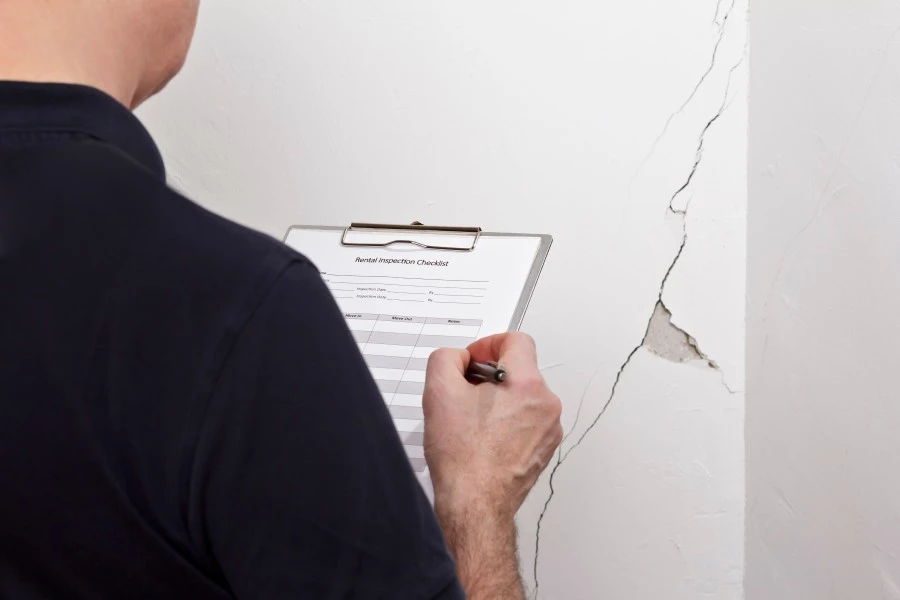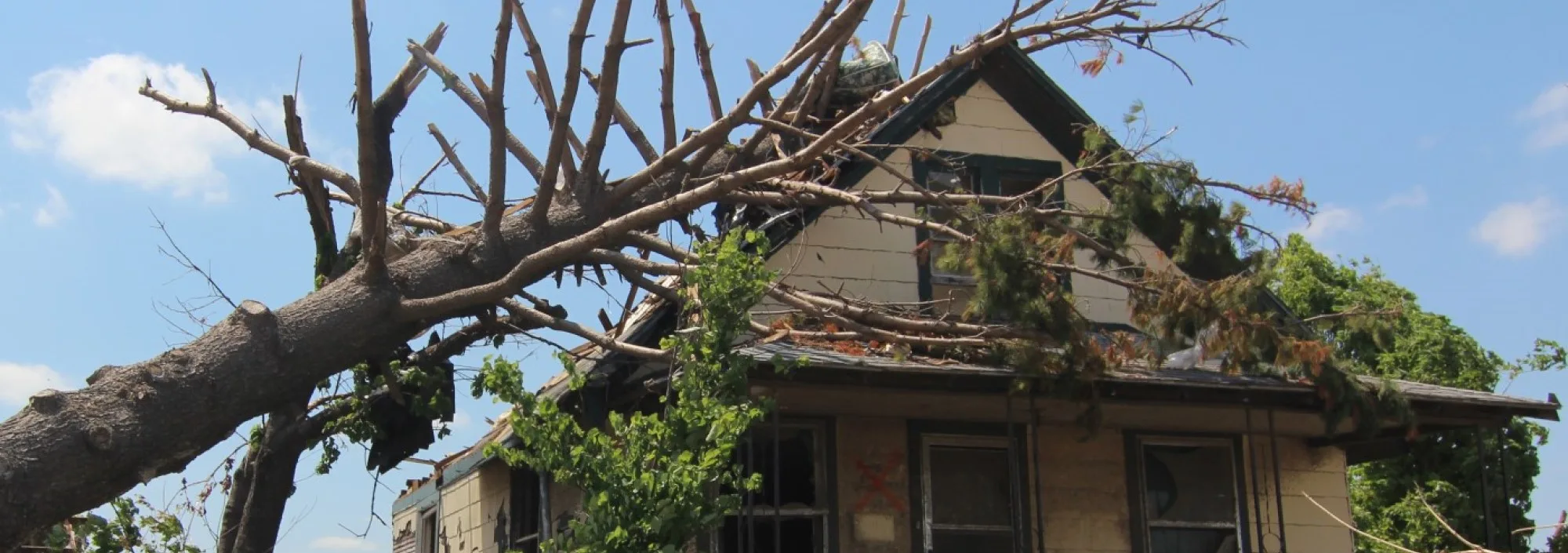When your property is damaged due to someone else's actions or negligence, you may be wondering about your legal options and the potential compensation you can seek. In Texas, property damage claims are subject to specific legal limits and procedures that vary depending on where and how you file your lawsuit. Our property damage lawyers will help you determine how much you can sue in Texas and what factors affect your potential recovery.
Small Claims Court Limits in Texas
If your property damage claim falls within certain monetary limits, you may be able to file in small claims court, which is part of the Texas Justice Court system. According to the Texas State Law Library, the limit to the amount that a person can sue for in small claims cases is $20,000. This amount includes attorney fees if you have legal representation, but excludes statutory interest and court costs as outlined in Section 27.031 of the Texas Government Code.
Small claims court offers several advantages for property damage cases within this limit. The setting is more informal compared to higher courts, with lower filing fees typically around $54 plus service fees. The resolution process moves faster, and you have the option to represent yourself without an attorney. Justice courts cannot order a party to do something but can only award money, making them appropriate when you're seeking monetary compensation for property damage.
Types of Property Damage You Can Sue For
Texas law recognizes two main categories of property that can be damaged:
- Real property includes land and items permanently attached to your land, such as:
- Homes and buildings
- Fences and landscaping
- Permanently installed fixtures
- Personal property encompasses all other belongings, including:
- Motor vehicles
- Boats and recreational vehicles
- Furniture and household items
- Electronics and appliances
- Clothing and personal belongings
Whether your damage involves real or personal property affects how the court calculates the compensation amount you can recover.
How Property Damage Compensation Is Calculated
The amount you can recover in a property damage lawsuit depends on several factors and calculation methods:
Fair Market Value vs. Replacement Cost
For damaged property, courts typically use one of two primary valuation methods:
- Fair market value: This represents the value of your property immediately prior to the damage occurring. The basic measure of damages is the diminution in fair market value from immediately before to immediately after damage occurred. This method is commonly used for total losses or when the property cannot be repaired.
- Replacement cost: This covers the expense of replacing damaged property with new items of a similar kind and quality. Replacement cost refers to the expense of replacing or repairing damaged property with new items of a similar type and quality, without considering depreciation. This method often results in higher compensation amounts since it doesn't account for wear and tear.
Repair Cost Method
Where personal property is repairable, an alternative measure of damages is the reasonable cost of repairs necessary to restore the property to its former condition, unless the cost of repairs exceeds the gross diminution in value. If repair costs exceed the property's value, the insurance company or court will likely declare it a total loss and apply fair market value instead.
Additional Damages You Can Recover
Beyond the direct property damage, you may be entitled to recover:
- Loss of use: Compensation for the time you couldn't use your property while it was being repaired or replaced.
- Rental or alternative arrangements: Costs incurred for temporary replacements (such as rental cars).
- Storage fees: Expenses for storing undamaged belongings while repairs are made.
- Towing and transportation: Costs related to moving damaged vehicles or property.

What to Do If Property Damage Exceeds $20,000?
If your property damage exceeds the small claims court limit of $20,000, you'll need to file your lawsuit in a higher court rather than small claims court. Texas district courts and county courts have jurisdiction over larger property damage claims with no upper limit on the amount you can seek.
When filing in a regular court, you should consider:
- Higher filing fees and court costs
- More complex procedures and rules of evidence
- Longer timeframes for case resolution
- Strong recommendation to hire an attorney for representation
Most courts require more extensive documentation and proof for larger claims, including:
- Professional appraisals of damaged property
- Multiple repair estimates from licensed contractors
- Detailed receipts and documentation of all losses
- Evidence of the defendant's liability for the damage
Statute of Limitations for Property Damage Claims
According to Texas Civil Practice and Remedies Code Section 16.003, the Texas statute of limitations for property damage claims is two years from the date the damage occurred. Missing this deadline typically means you lose your right to seek compensation through the courts.
However, certain exceptions may extend this deadline:
- Discovery rule: If the damage was not and could not reasonably have been discovered within the standard limitation period, the discovery rule may apply. This rule allows the statute of limitations to begin running from the date the damage is discovered or reasonably should have been discovered.
- Defendant leaves state: If the person responsible for the damage leaves Texas, the statute of limitations may be paused until they return.

Common Types of Property Damage Cases
Property damage lawsuits in Texas commonly arise from:
Motor Vehicle Accidents
Car accidents are among the most frequent sources of property damage claims. Texas requires its drivers to purchase auto accident liability insurance in the following minimum amounts: $30,000 per person for bodily injury liability insurance; $60,000 per accident for bodily injury liability insurance; and $25,000 for property damage liability coverage.
When a car accident damages your vehicle, you can:
- File a claim with the at-fault driver's insurance company.
- File a claim with your own insurance if the other driver is uninsured.
- File a lawsuit against the negligent driver directly.
Neighbor Disputes
Property damage can occur when:
- A neighbor's tree damages your property during a storm.
- Construction work on the adjacent property causes damage to your home.
- Water damage from a neighbor's plumbing issues affects your property.
Weather and Natural Disasters
While you typically cannot sue for damage caused by "Acts of God" like tornadoes or hurricanes, you may have claims against:
- Contractors who failed to properly secure construction materials.
- Utility companies whose negligence contributed to storm damage.
- Insurance companies that wrongfully deny weather-related claims.

Property Damage vs. Personal Injury Claims
While property damage claims focus on compensation for damaged belongings, personal injury claims address physical harm to people. In some cases, such as car accidents, you may have both types of claims arising from the same incident. Each type of claim has its own calculation methods and legal considerations.
Maximize Your Recovery with Omar Ochoa Law Firm
The amount you can sue for property damage in Texas depends on multiple factors, including the extent of damage, the court where you file, and the specific circumstances of your case. At Omar Ochoa Law Firm, we help property damage victims build a strong case by assisting with proper documentation and meeting legal deadlines.
If you've suffered property damage, time is critical due to the two-year statute of limitations. Contact us today for a free consultation to evaluate your case and fight for the compensation you deserve.

Omar Ochoa has been nationally recognized as one of the best young trial lawyers in the country. He's represented clients in federal and state courts and arbitrations throughout the United States and internationally. He is highly experienced in a wide range of complex litigation and has handled a variety of cases. He has recovered hundreds of millions of dollars for clients of all types — from individuals to mid-sized business owners to multi-national companies.
Table of Contents
Your Property Rights Matter
Our proven track record in Texas property damage cases means we know exactly how to build a winning case and secure maximum compensation for our clients.
Contact UsLorem ipsum dolor sit amet, consectetur adipiscing elit. Suspendisse varius enim in eros elementum tristique. Duis cursus, mi quis viverra ornare, eros dolor interdum nulla, ut commodo diam libero vitae erat. Aenean faucibus nibh et justo cursus id rutrum lorem imperdiet. Nunc ut sem vitae risus tristique posuere.
Contact UsDon’t Let Property Damage Derail Your Financial Stability
Our experienced attorneys at Omar Ochoa Law Firm have recovered millions for clients facing property damage claims, and we know exactly how to maximize your recovery under Texas law.


